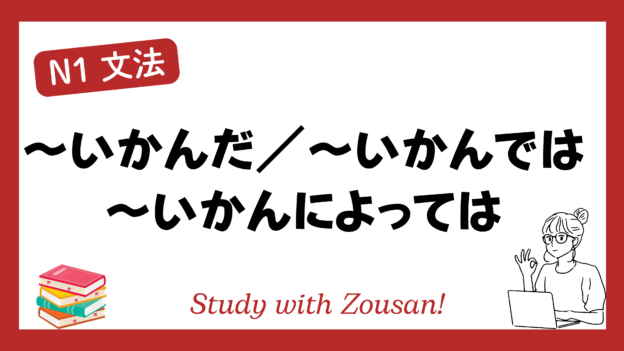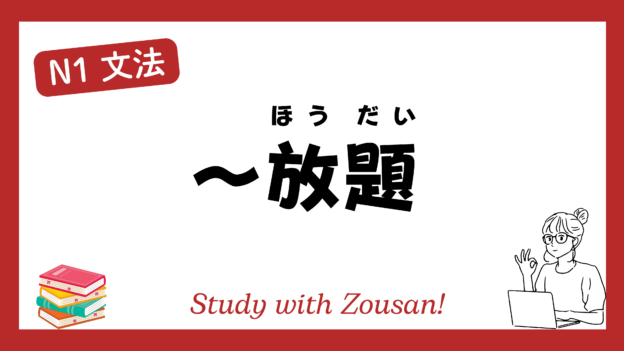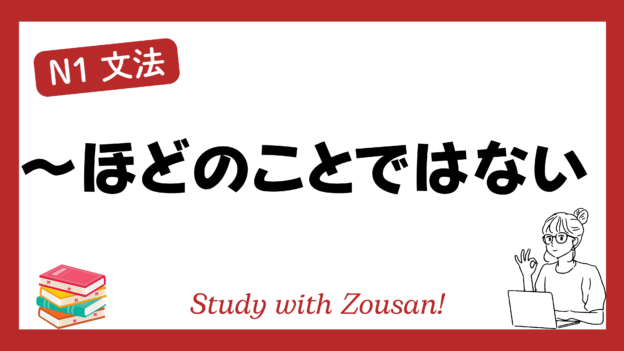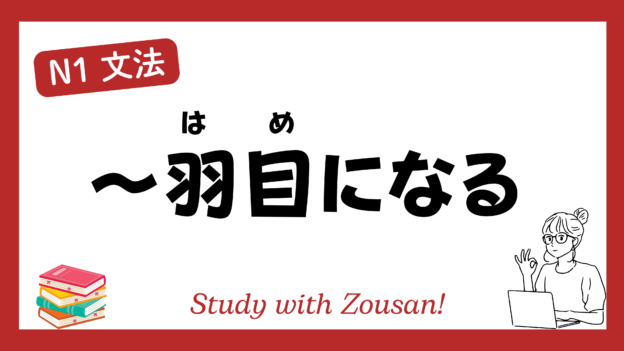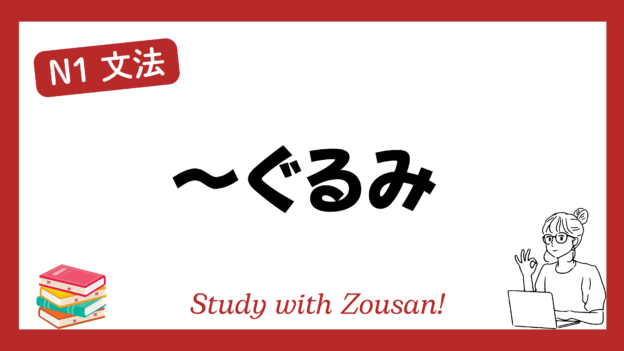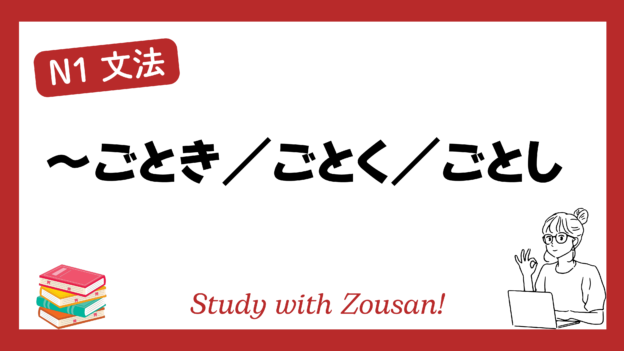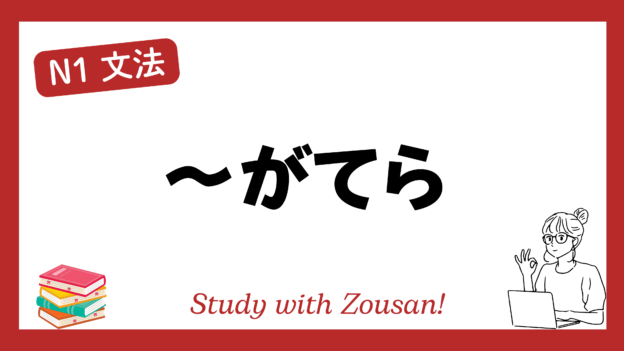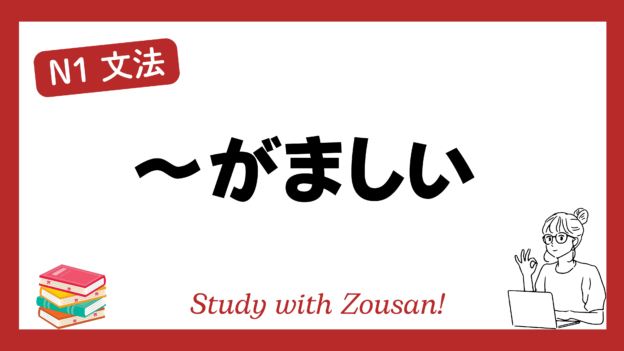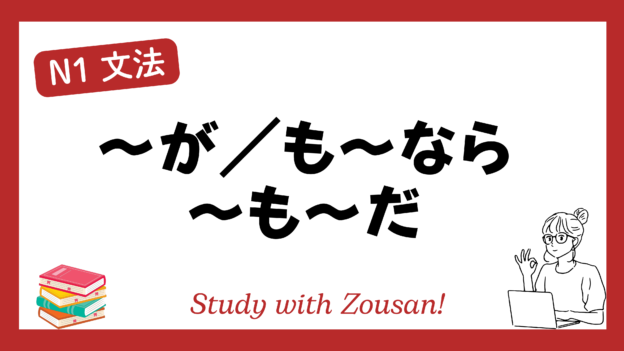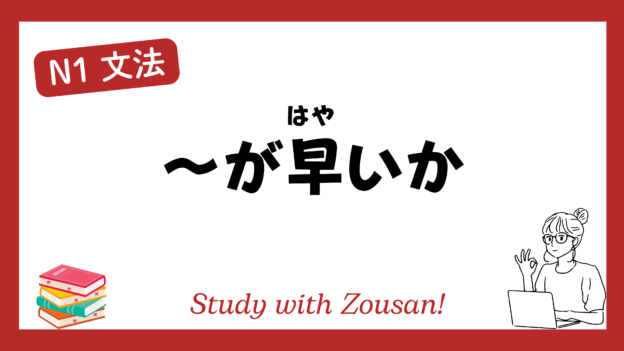Meaning: “Depending on…”, “It depends on…”, “According to…”
This structure is used to express that the outcome, situation, or decision will change or be influenced based on the circumstances, conditions, or state of something. It emphasizes that what happens next depends on the previously mentioned factor.
※Note: This is a formal structure, often used in written language or more formal contexts.
Structure:
| Noun +(の) + | いかんだ いかんで(は) いかんによっては |
Example:
-
-
-
🌟 彼の成績のいかんでは、進学できるかどうか決まる。
(かれ の せいせき の いかん では、しんがく できる か どう か きまる。)
Depending on his grades, it will be decided whether he can advance to the next level. -
🌟 結果のいかんによっては、プロジェクトが中止されるかもしれない。
(けっか の いかん によっては、プロジェクト が ちゅうし される かもしれない。)
Depending on the outcome, the project might be canceled. -
🌟 彼の努力のいかんだ。成功するかどうかは彼次第だ。
(かれ の どりょく の いかん だ。せいこう する か どう か は かれ しだい だ。)
It depends on his effort. Whether he succeeds or not is up to him. -
🌟 天候のいかんでは、イベントが中止されることもある。
(てんこう の いかん では、イベント が ちゅうし される こと も ある。)
Depending on the weather, the event might be canceled. -
🌟 交渉の結果のいかんによっては、契約が破棄される可能性がある。
(こうしょう の けっか の いかん によっては、けいやく が はき される かのうせい が ある。)
Depending on the outcome of the negotiations, the contract might be terminated. -
🌟 申し込みの状況のいかんでは、追加の枠を設けることも考えられる。
(もうしこみ の じょうきょう の いかん では、ついか の わく を もうける こと も かんがえられる。)
Depending on the application situation, additional slots may be considered. -
🌟 テストの結果のいかんによっては、特別クラスへの進学が決まる。
(テスト の けっか の いかん によっては、とくべつ クラス への しんがく が きまる。)
Depending on the test results, advancement to a special class will be determined. -
🌟 裁判の判決のいかんでは、社会的な影響が大きいだろう。
(さいばん の はんけつ の いかん では、しゃかいてき な えいきょう が おおきい だろう。)
Depending on the court’s ruling, the social impact could be significant. -
🌟 資金のいかんでは、計画の進行が遅れることもある。
(しきん の いかん では、けいかく の しんこう が おくれる こと も ある。)
Depending on the funds, the progress of the plan might be delayed. -
🌟 面接の結果のいかんによっては、採用されないこともある。
(めんせつ の けっか の いかん によっては、さいよう されない こと も ある。)
Depending on the interview results, you might not be hired.
-
-


